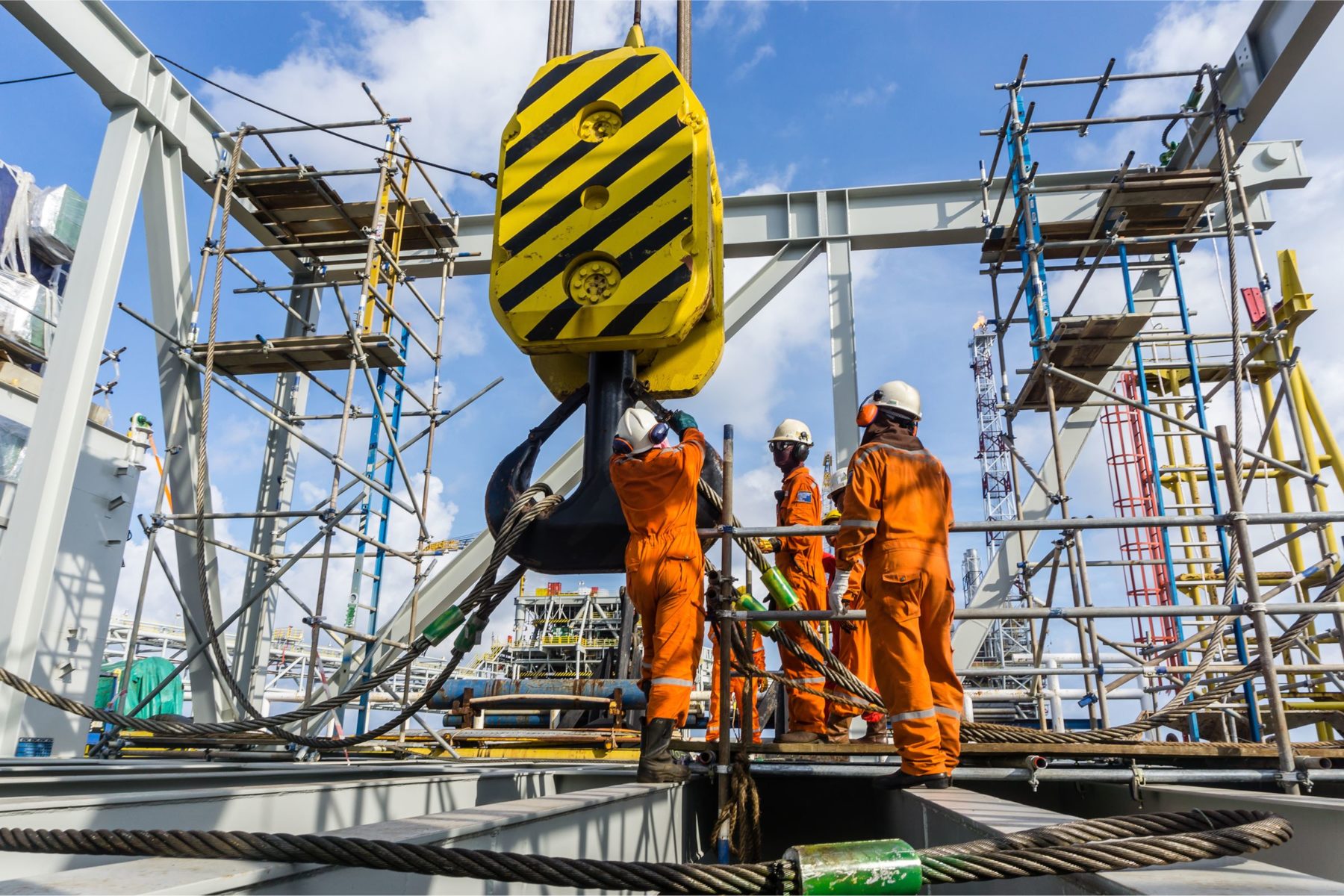
Essential Concrete Safety Tips: Protecting Workers on the Job Site Working with concrete is a fundamental aspect of the construction...
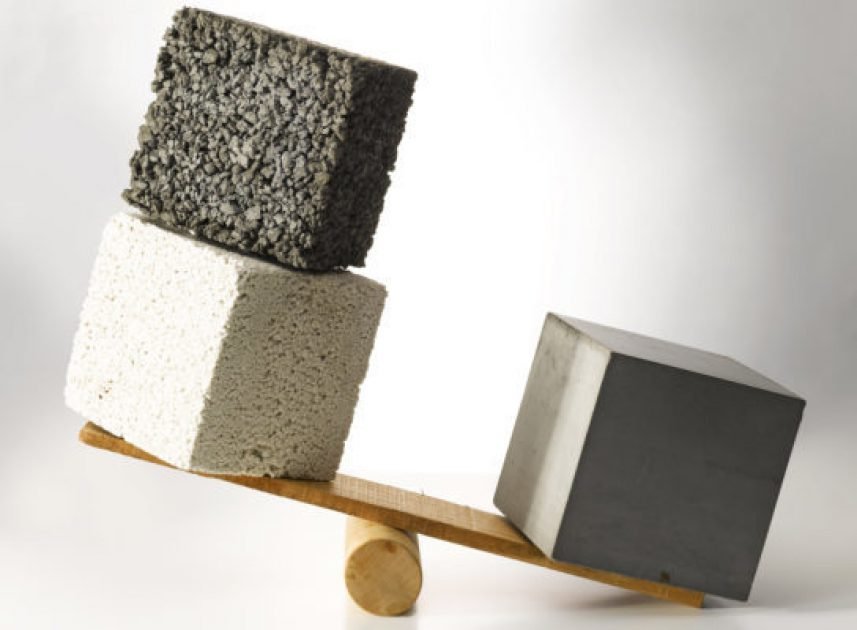
Lightweight concrete is an innovative option in construction that offers a series of benefits in terms of efficiency, performance, and sustainability. In this article, we will explore what lightweight concrete is, how it is produced, and its applications in the construction industry.
Lightweight concrete is a variant of conventional concrete that incorporates lightweight aggregates, such as expanded clay, slag, or perlite, instead of conventional aggregates like gravel and crushed stone. This combination significantly reduces the density of the concrete, making it lighter and easier to handle.
Although lightweight concrete is less dense than conventional concrete, it still maintains adequate strength for use in a variety of construction applications. In addition to being lighter, lightweight concrete can also offer better fire resistance, increased impact resistance, and improved thermal and acoustic insulation capabilities.
Lightweight concrete is produced using special techniques that incorporate lightweight aggregates into the concrete mix. These aggregates may be pretreated to improve their adherence to the cement and ensure uniform distribution in the mix. Once mixed, the materials are poured into molds and cured according to industry standards.
Lightweight concrete is used in a variety of construction applications where reducing the total weight of the structure is required. Some common applications include floor slabs, wall panels, prefabricated elements, soil fills, and roofs. It is also used in rehabilitation projects where the existing structural load is limited.
One of the main advantages of lightweight concrete is its ability to reduce the total weight of a structure, which can lead to more efficient and cost-effective construction. Additionally, its reduced weight can simplify transportation and on-site installation, saving time and resources during the construction process.
The use of lightweight concrete can contribute to the sustainability of a project by reducing the amount of materials needed and the emissions associated with their transportation. Additionally, its thermal insulation capability can help improve the energy efficiency of buildings, thereby reducing their environmental impact over time.
The lightweight concrete industry continues to evolve with new technologies and materials that enhance its properties and performance. Research is being conducted in areas such as nanotechnology, materials engineering, and additive manufacturing to develop even more advanced and sustainable lightweight concretes for the future.
Conclusion: Lightweight concrete offers innovative and efficient solutions for a variety of construction applications, from residential buildings to commercial and industrial infrastructures. With its benefits in terms of efficiency, performance, and sustainability, lightweight concrete is helping to drive the construction industry towards a more sustainable and resilient future.

Essential Concrete Safety Tips: Protecting Workers on the Job Site Working with concrete is a fundamental aspect of the construction...
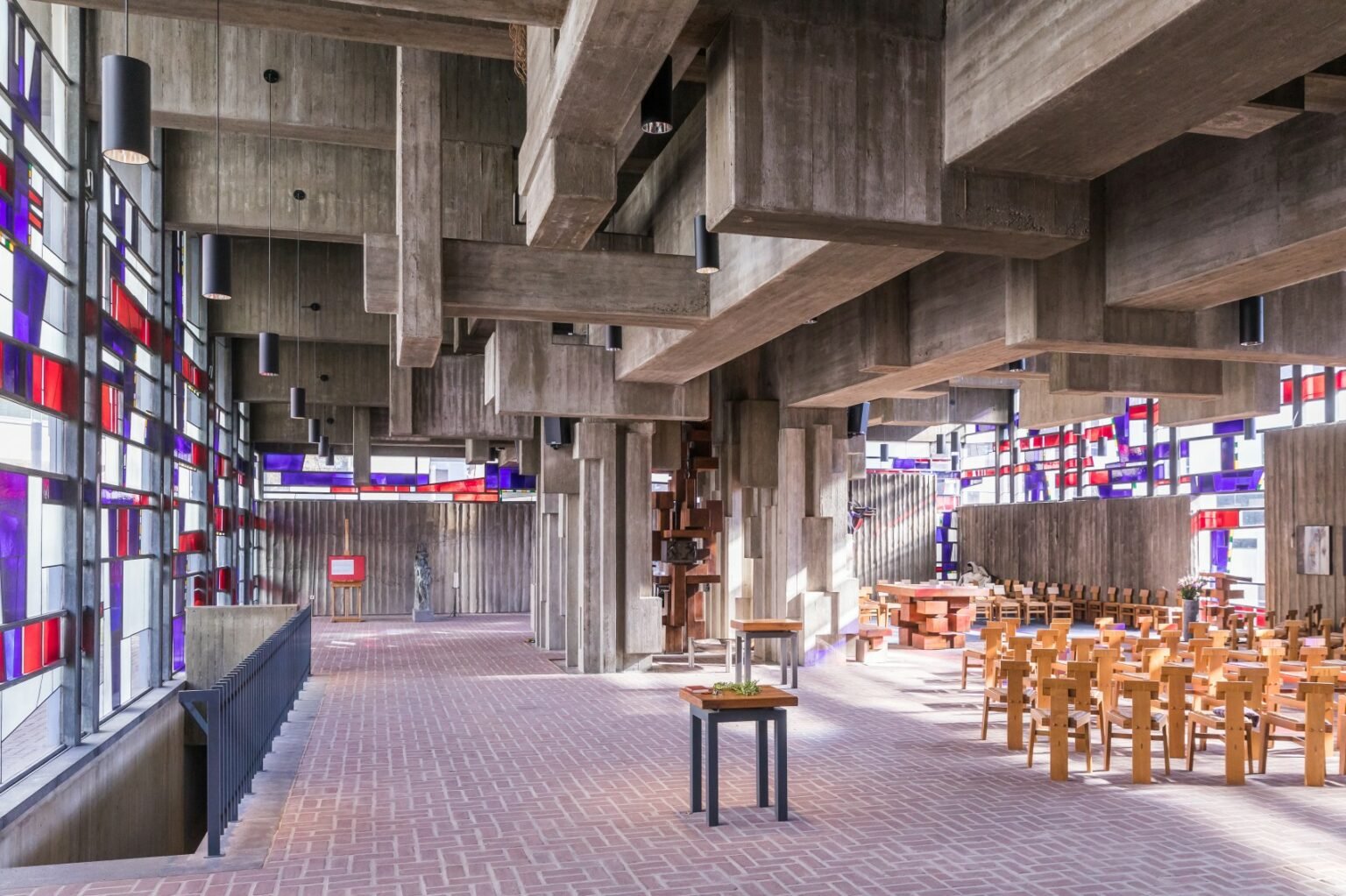
Decorative Concrete: Trends in Modern Finishes for 2025 Concrete is no longer just a construction material — it’s become a...
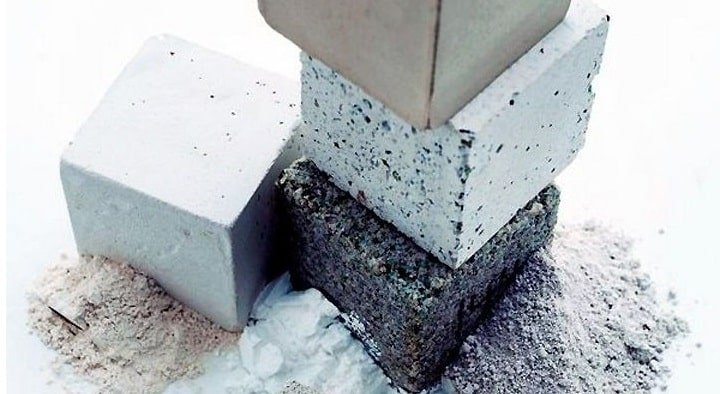
Sustainable Concrete Innovations in 2025: The Future of Eco-Friendly Construction In 2025, the construction industry continues its transformation towards sustainability,...

The Science Behind Concrete Cracking: Causes and Solutions Cracks in concrete are one of the most common issues in construction,...

Top 10 Concrete Myths Debunked: What Every Contractor Should Know Concrete is one of the most widely used construction materials,...
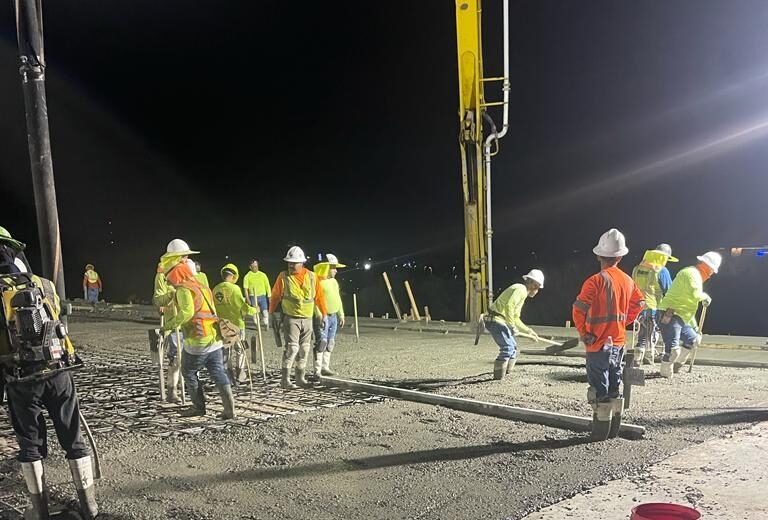
How to Plan Concrete Pouring in Large Construction Projects Pouring concrete in large-scale construction projects requires meticulous planning, logistical coordination,...
© 2023 Created with RGA Concrete Contractors LLC
This website uses cookies to provide you with the best browsing experience.